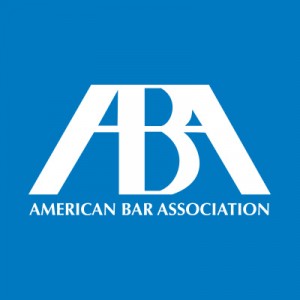ABA asks House members to oppose law ending Public Service Loan Forgiveness program

ABA President Hilarie Bass has written to members of the House of Representatives, asking them to oppose legislation that would end the Public Service Loan Forgiveness program.
“The legal profession is in the front lines of addressing national problems like crime, the opioid crisis, natural disasters, and helping military and veterans’ families access the programs and services they are owed,” Bass says in the letter. “Without PSLF, the organizations that provide life- and livelihood-sustaining services will be even farther away from being able to meet these important challenges.”
The elimination of the program is part of the PROSPER Act, which seeks to reform and reauthorize the Higher Education Act of 1965. Among its provisions is the elimination of the Public Service Loan Forgiveness program, which is aimed at college graduates who go into public service. If those graduates—including law school grads—hold down full-time public service jobs for 10 years and make 120 months of on-time loan payments, their loans can be forgiven under the program.
As Bass wrote in the letter, the program was created in 2007 to address a shortage of talent in public-sector and public-service jobs. Because the cost of college degrees is rising, she says, graduates are less able to take these lower-paying jobs. The program is therefore a recruitment tool for these jobs, she notes.
Bass acknowledges that the program’s effectiveness has not been studied, and endorses such a study. But as things stand, she says, that means there’s no data to support ending the program.
The letter does not take a position on provisions of the PROSPER Act other than the one concerning the Public Service Loan Forgiveness program. The 500-page bill also contains provisions on student aid, vocational training, deregulation of for-profit schools, deregulation of accrediting institutions, alcohol and drug counseling, campus sexual assault, free speech and reduction of access to data on colleges.
The ABA is separately suing the federal government for changing its rules about who qualifies for loan forgiveness, which resulted in certain public interest lawyers being dropped from the program after having been accepted initially. A motion for summary judgment is pending in that case, filed in late 2016.
See also:
ABA Journal: “Feds disqualify ABA and others from loan forgiveness program”



